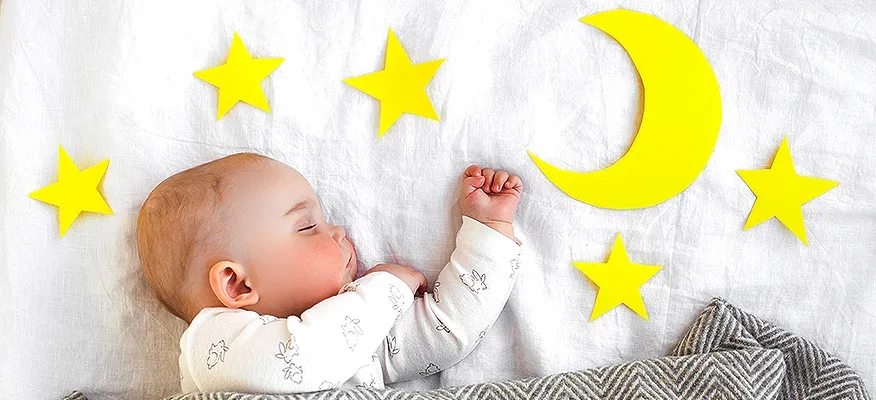Newborn Sleep Hours: How Much Sleep Does Your Baby Really Need?
- By Dr Bright Owusu Prempeh
- 22 Jan 2025

Key takeaways
- Understanding newborn sleep hours is vital for ensuring optimal growth and development.
- Infants' sleeping patterns change significantly from 0 to 6 months.
- Newborns have different sleep cycles compared to adults, contributing to frequent awakenings.
- Factors like growth spurts, feeding routines, and environmental conditions affect sleep patterns.
- Recognizing the signs of a well-rested baby can help assess if they're getting enough sleep.
- Establishing consistent sleep habits early on can set the stage for better sleep in the future.
Rate our article
We'd love to know!
- 0
- 0
- 0
- 0
- Infant sleep and its relation with cognition and growth: a narrative review - PMC
- Sleep and Development
- Infant Sleep - Stanford Health
- Typical sleep behaviour (1) – newborns 0 to 3 months - Better Health Channel
- Promoting and Protecting Infant Sleep - PMC
- Helping baby sleep through the night - Mayo Clinic
- Sleep Disturbances in Newborns - PMC
Related articles
See AllFrequently asked questions
Get the information you need.
Establishing a routine can greatly aid in enhancing newborn sleep hours. Identifying signs of sleepiness, creating a calm bedtime atmosphere, swaddling, and using white noise can all contribute to better sleep. Remember, the normal sleeping hours for a newborn may vary as they grow.
Burping a baby is essential after feeding, even if the baby is asleep. Gently pat the baby's back while holding them upright or lying over your shoulder. However, don’t force a burp if it’s not coming; the baby will eventually burp on their own.
The best sleeping position for a newborn is on their back in a crib or bassinet. Avoid having too many blankets or toys around the baby to prevent any potential hazards. Newborn sleep cycles are much shorter than those of adults and they typically wake up for feeding every two to three hours.
Newborns often jerk or startle in their sleep due to the Moro reflex which is completely normal and part of their neurological development process. This reflex causes babies to throw back their heads, extend their arms and legs, cry, and then pull their arms and legs back in.
While bouncers can be helpful for calming fussy babies or for use as a convenient spot for them while you're busy, it's not recommended for prolonged sleep periods. The safest place for a newborn to sleep is on a flat surface like a crib or bassinet.
To help set your baby's internal clock, expose them to plenty of natural daylight during the day and keep nights dark and quiet. However, remember that it takes time for a newborn's circadian rhythm to develop, which is why newborn sleep hours can be quite erratic for the first few weeks.
How was the experience with article?
We'd love to know!